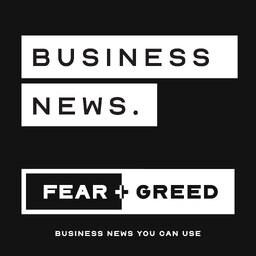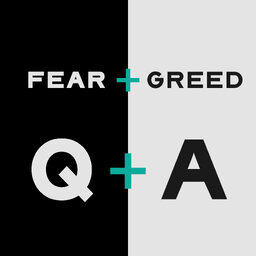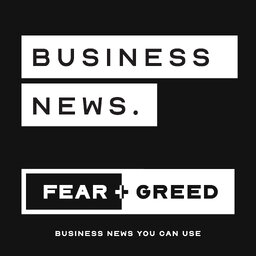Interview: Good start for stocks - but can it last?
2023 is off to a good start for Australian equities. But how long can it last?
Chris Brycki, CEO of online investment adviser Stockspot, talks to Sean Aylmer about the bounce in equities.
This is general information only - you should seek professional advice before making investment decisions.
In 1 playlist(s)
FEAR & GREED | Business News
Daily business news for people who make their own decisions, with business journalist Sean Aylmer an…Social links
Follow podcast
Recent clips

Libs-Nats in talks to reunite; mortgage competition heats up; Melania doco flops
16:54

Q+A: The bull and bear cases for equities in 2026
14:41

Afternoon Report | ASX down 1pc
04:38
 FEAR & GREED | Business News
FEAR & GREED | Business News